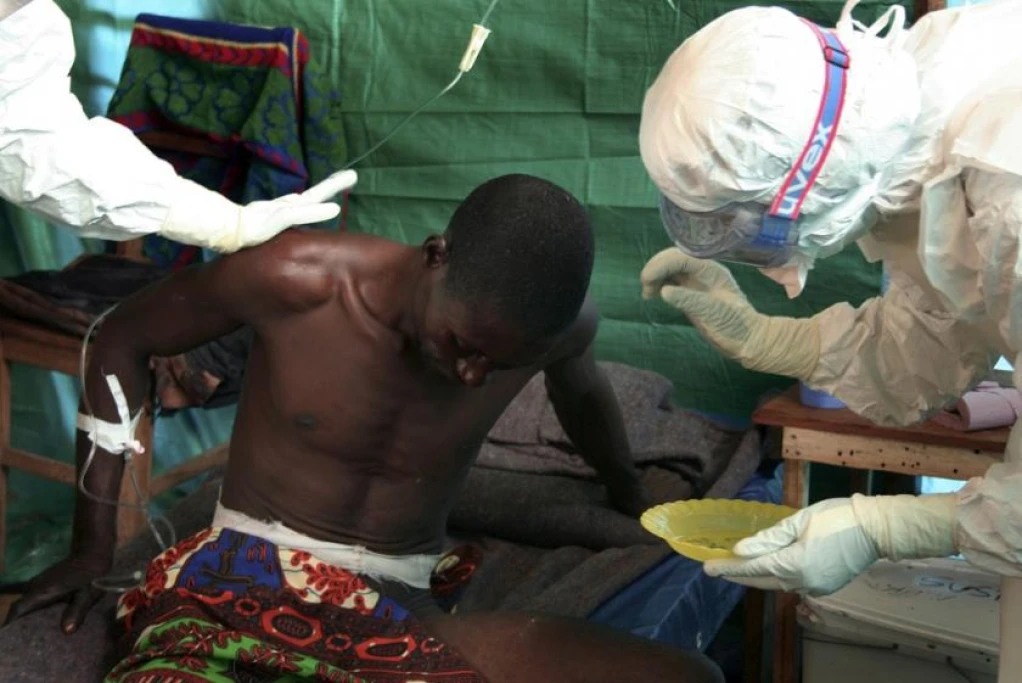
The Minister of Health in Eastern Equatoria state says the blood sample of the suspected Ebola case in Nimule has tested negative for the virus, although the patient still shows signs of the disease.
On September 29, 2022, health officials in Nimule said they were holding one person with suspected Ebola virus symptoms at the border between South Sudan and Uganda.
The blood sample was taken to South Africa for testing.
State Minister Ladae Pascal confirmed that the sample tested negative.
“The patient is not an Ebola case, so we don’t have Ebola disease in Eastern Equatoria state through the result and through the presentation of the patient the way he has shown recovery. The situation has improved remarkable and the lab is also showing Ebola virus PCR test is negative.”
The suspect is, however, said to still has persistent coughs, chest pain and vomiting blood.
“The results have come and we got it yesterday morning that the person is negative with no Ebola. [But] he still has cough, vomit blood, chest pain – his body is even thin,” said Sylvester Nyumba, Medical Director of Nimule hospital.
“We are now testing him with general body test here and according to the result we will get well and put him under medication. But what is very important is the results of the suspected Ebola is negative,” he asserted.
Nyumba urges the public to remain vigilant and follow all health precautionary measures to avoid contracting the deadly virus.
Ebola Virus Disease (EVD) is a rare and deadly disease in people and nonhuman primates.
People can get EVD through close contact with the blood, secretions, organs or other bodily fluids of infected animals such as fruit bats, chimpanzees, gorillas, monkeys, forest antelope or porcupines found ill or dead or in the rainforest.
Symptoms include a sudden onset of fever, intense weakness, muscle pain, headache and sore throat followed by vomiting, diarrhoea, rash, impaired kidney and liver function. In some cases, both internal and external bleeding (for example, oozing from the gums, or blood in the stools).
Two weeks ago, the government approved half a million U.S dollars to the Ebola response fund following an outbreak of the deadly virus in neighboring Uganda.
The Council of Ministers meeting in Juba on Friday granted the Ministry of Health the money to facilitate its response plans.